Great Expectations
1In my former book, Theophilus, I wrote about all that Jesus began to do and to teach 2until the day he was taken up to heaven, after giving instructions through the Holy Spirit to the apostles he had chosen. 3After his suffering, he showed himself to these men and gave many convincing proofs that he was alive. He appeared to them over a period of forty days and spoke about the kingdom of God. 4On one occasion, while he was eating with them, he gave them this command: “Do not leave Jerusalem, but wait for the gift my Father promised, which you have heard me speak about. 5For John baptized with water, but in a few days you will be baptized with the Holy Spirit.”
6So when they met together, they asked him, “Lord, are you at this time going to restore the kingdom to Israel?”
7He said to them: “It is not for you to know the times or dates the Father has set by his own authority. 8But you will receive power when the Holy Spirit comes on you; and you will be my witnesses in Jerusalem, and in all Judea and Samaria, and to the ends of the earth.”
9After he said this, he was taken up before their very eyes, and a cloud hid him from their sight.
10They were looking intently up into the sky as he was going, when suddenly two men dressed in white stood beside them.11″Men of Galilee,” they said, “why do you stand here looking into the sky? This same Jesus, who has been taken from you into heaven, will come back in the same way you have seen him go into heaven.”
12Then they returned to Jerusalem from the hill called the Mount of Olives, a Sabbath day’s walk from the city. 13When they arrived, they went upstairs to the room where they were staying. Those present were Peter, John, James and Andrew; Philip and Thomas, Bartholomew and Matthew; James son of Alphaeus and Simon the Zealot, and Judas son of James.14They all joined together constantly in prayer, along with the women and Mary the mother of Jesus, and with his brothers.
15In those days Peter stood up among the believers (a group numbering about a hundred and twenty) 16and said, “Brothers, the Scripture had to be fulfilled which the Holy Spirit spoke long ago through the mouth of David concerning Judas, who served as guide for those who arrested Jesus—17he was one of our number and shared in this ministry.”
18(With the reward he got for his wickedness, Judas bought a field; there he fell headlong, his body burst open and all his intestines spilled out. 19Everyone in Jerusalem heard about this, so they called that field in their language Akeldama, that is, Field of Blood.)
20″For,” said Peter, “it is written in the book of Psalms,
” ‘May his place be deserted;
let there be no one to dwell in it,’ and,
” ‘May another take his place of leadership.’ 21Therefore it is necessary to choose one of the men who have been with us the whole time the Lord Jesus went in and out among us,22beginning from John’s baptism to the time when Jesus was taken up from us. For one of these must become a witness with us of his resurrection.”23So they proposed two men: Joseph called Barsabbas (also known as Justus) and Matthias. 24Then they prayed, “Lord, you know everyone’s heart. Show us which of these two you have chosen 25to take over this apostolic ministry, which Judas left to go where he belongs.” 26Then they cast lots, and the lot fell to Matthias; so he was added to the eleven apostles.
Acts 1
I have a great deal of respect for Luke, the writer not just of the Gospel of Luke, but also the book commonly known as the Acts of the Apostles. Not only did he write around a quarter of the New Testament, but he was the only Gentile (non-Jewish) contributor. He was also an educated man, who undertook a great deal of research prior to writing his books; he had to, since he did not have the Jewish background that the other writers did. I also admire him because, like me, he was an historian. He set out to write his Gospel and Acts in order that those of us who love God, (Theophilus, to whom the book is dedicated, literally means “lover of God”) “may know the certainty of the things [we] have been taught.” He used crucial historical details to prove the truth of the gospel. It was through studying the history that I became a Christian, and Luke played no small part in this. Over the coming months, we will take a close look at the Acts to establish how Jesus’ mission on earth was continued, and how the early church was established.
Christianity has always had a sense of expectation. As Christians, we all wait with expectation for the return of Jesus Christ. We also wait with great expectation for God’s new creation, that we will experience after death. That sense of expectation leaps off the page in this first chapter of Acts. Reading it, one can almost sense the excitement that the apostles felt. They had seen Jesus rise from the dead, and, as Luke describes both in his gospel and in Acts, they had seen him ascend into heaven. Before he departed, however, Jesus told them not to leave Jerusalem but to wait because, in a few days, they would be “baptised with the Holy Spirit.” This “Holy Spirit,” Jesus tells them, will imbue them with the power that they will need to continue his earthly mission. The Spirit wil enable them to be witnesses to what Christ has done for mankind “to the ends of the earth.” His message is not just for the Jews of Jerusalem, but is for the whole human race – and it is the mission of the apostles to spread this message across the globe. This is an ongoing mission which we are all called to as Christians. We share that responsibility for spreading the gospel around the world, and what with our modern communication tools, and cheap air travel, we are in a much better position than the apostles were in to do this. How often do we undertake this activity though? Do we take our role in this mission seriously, or do we neglect it?
It is not just the arrival of the Holy Spirit that the apostles wait with a sense of expecation; they are also eagerly awaiting the return of their friend, master and Messiah, namely Jesus. After telling them to stay in Jerusalem, Jesus ascends into heaven before their very eyes. Luke describes how the apostles looked intently into the sky after him. No doubt they were shocked at what they had seen; someone ascending to heaven is not a common, daily sight! After all they had seen him do, though, not least raising from the dead, there was surely nothing that would surprise them anymore about Jesus! No doubt they were also worrying about how they would cope without their leader. They had been promised the Holy Spirit, but what they really wanted was Jesus to continue to dwell amongst them. They are seen by two angels in human form gazing into the sky, who assure them that one day Jesus would return in the same way that he had ascended into heaven. That expectation that had been growing in them at the promise of the Holy Spirit must have heightened amongst them, as they hoped that one day they would see Jesus amongst them once more. That did not happen during their life times, but it is an expectation that we can share with those apostles. Maybe Jesus will return in our life times! What a great privilege it would be to be in that generation, that gets to witness the return of Christ! It could happen any day! Do we share the sense of expectation that the apostles felt, or do we go for days, or weeks, or months or even years without even thinking about the return of Christ? He will return, perhaps today!
The apostles are so excited about what God has in store for them that they ask him to bring about his plan. They have been greatly affected by what Jesus has said and done, particularly his promise that the Spirit will come upon them. They meet together and they pray “constantly,” willing God to send the Holy Spirit. Jesus has promised it, they are expecting it, and they are champing at the bit waiting to continue their mission. I’m sure you’ve inspired at some point to undertake a task, and have been so excited at the prospect that you are desperate to begin. The apostles feel exactly the same. It’s not just the apostles themselves who are meeting to pray; they are joined by Jesus’ brothers, his mother, Mary, and “the women,” recognising that women are continuing to play an important role in Jesus’ mission. I wonder if we pray with the same passion as the apostles did in those days? Do we pray constantly, asking God to bring about his plan, and to help and equip us to serve him in this? Prayer is something that many of us find very difficult, and yet it played such an important role in the early church that surely it is something that we should try harder to undertake. If we could recapture some of that excitement and expectation felt by the apostles as they met together on that day, maybe we could also recapture some of their passion for prayer!
It is not just the spiritual aspect that they concentrate on in those early days, however. It is all well and good praying for the Holy Spirit to come, but the apostles also needed to ensure that they had all the practical necessities in place if they were to serve Christ. The burning issue for the apostles, and for Peter in particular, is to build the apostles up to their full number. Peter, having been described by Jesus as the rock on whom he will build his church (Matthew 16:18), takes the lead at the meeting. Since the betrayal and death of Judas, the apostles have numbered only eleven, and Peter is keen to see him replaced. He knows his scripture, and identifies two psalms that could be seen as a prophecy of the situation they find themselves in. He also recognises the importance of the apostles being eyewitnesses and close followers of Christ if they are to effectively communicate the gospel with the passion that would be needed in those early days of the church. Barsabbas and Matthias are identified as potential candidates, and Matthias is chosen by lot. With his appointment, the apostles are once again complete, and ready and eagerly awaiting the arrival of the Holy Spirit. Just as the apostles made sure that they were prepared for the answering of their prayers, the arrival of the Holy Spirit, and the mission that Jesus had given them, we also need to ensure that we are prepared for whatever Christ asks us to do. We share in the responsibility of spreading the Gospel to the ends of the earth. We might pray that the Holy Spirit will support us as we carry out this mission, but do we ensure that we are properly prepared? Do we study the Bible day by day to familiarise ourselves with God’s word? Do we listen carefully to what God tells us? Do we ensure that we are ready for whatever God asks us to do?
Those early days of the church must have been so exciting as the apostles waited for the coming of the Holy Spirit and the return of Christ. The expectation and the urgency with which the apostles faced their tasks jumps off the page at us as we read it. Do we feel as excited about our faith, and the prospect of continuing Jesus’ ministry, making him known to the ends of the earth? Do we feel the same excitement at having the Holy Spirit with us today? In many places around the world, particularly in more traditionally Christian countries, that excitement seems to have been lost. Worship often seems to be something that we do out of habit, without really thinking about it. Our faith, though, should be living and vibrant, full of expectation at what is to come, and imbued with excitement! I pray today that the church will once again feel that great sense of expectation and excitement felt by those early Christians!





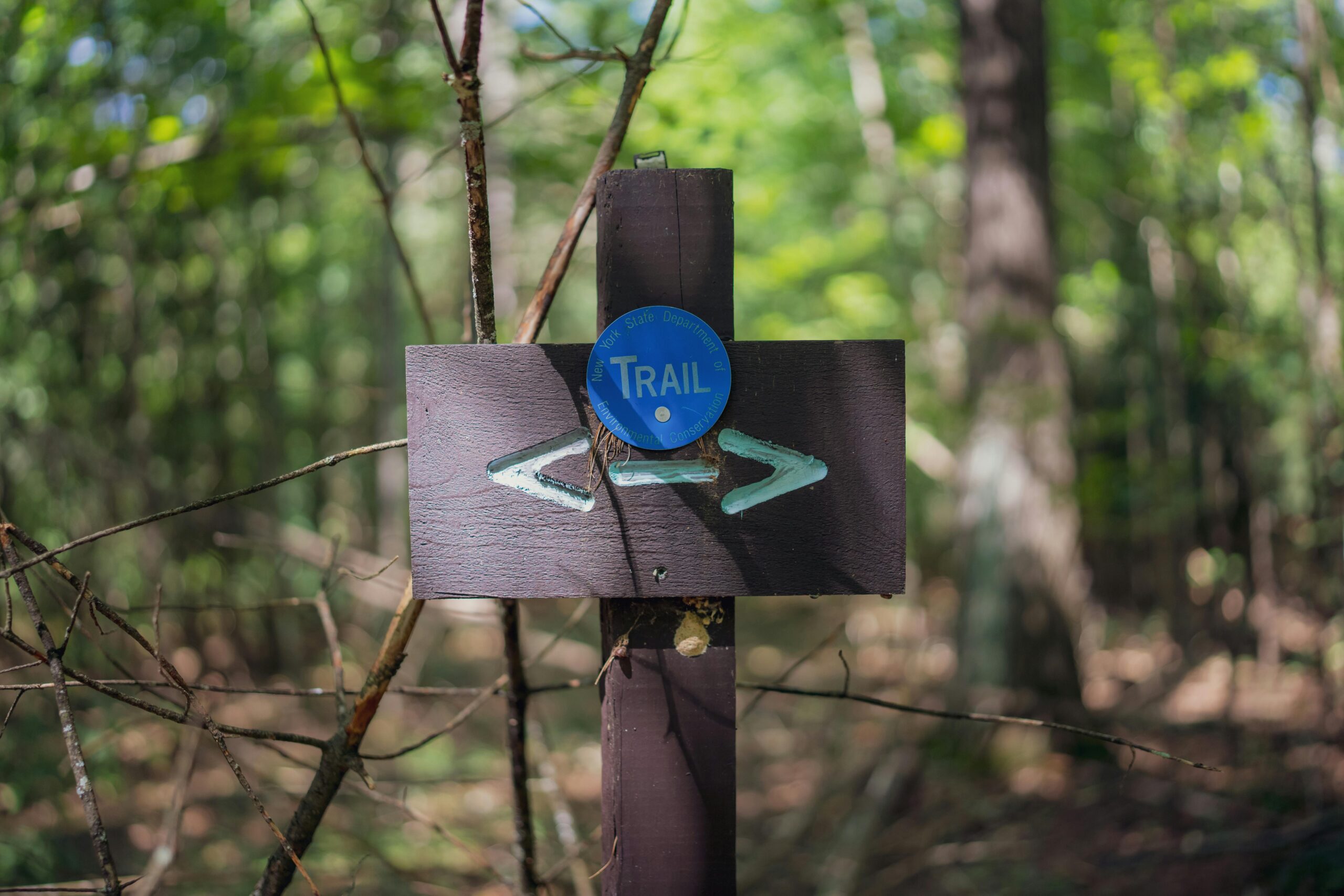

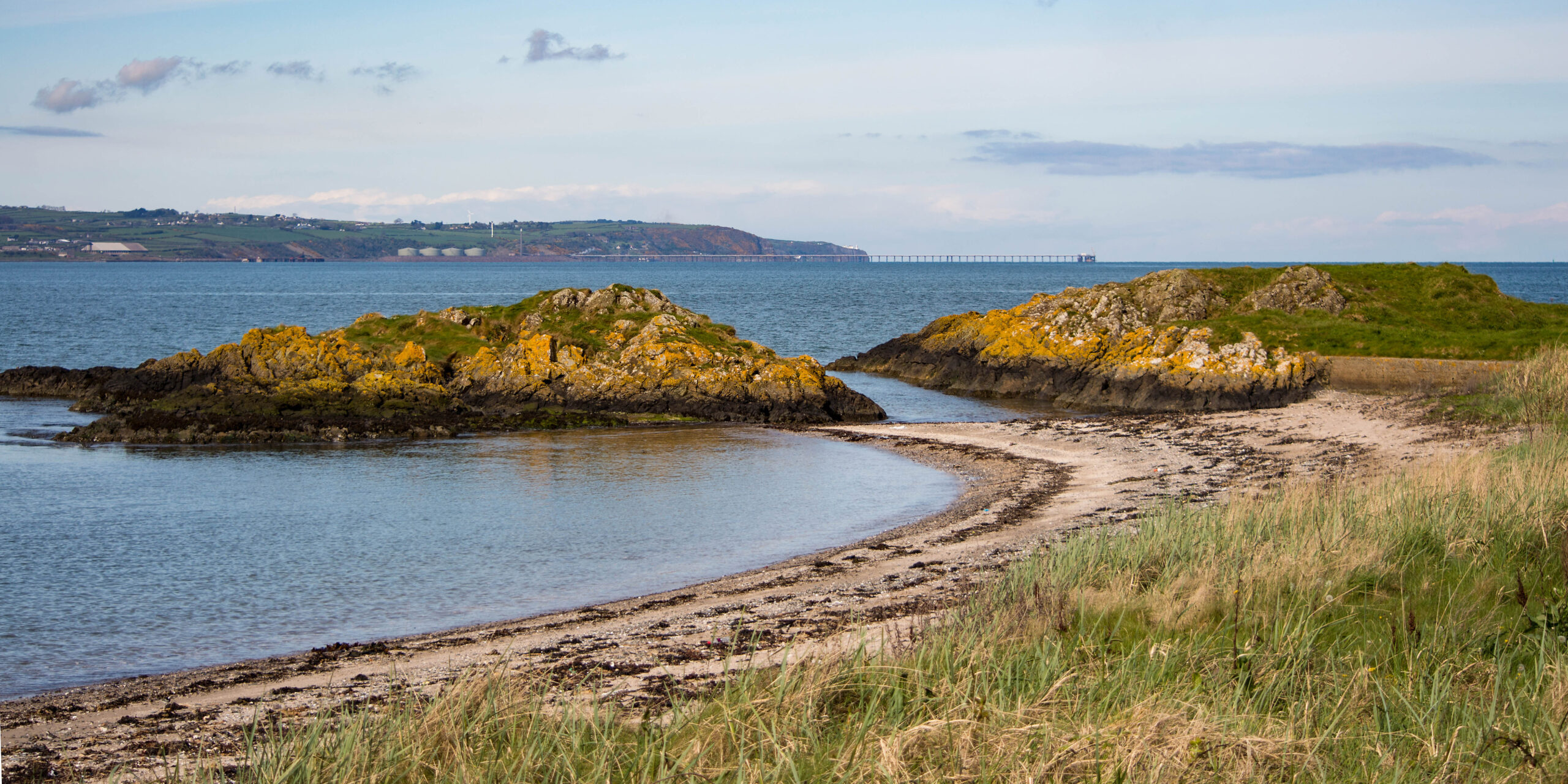
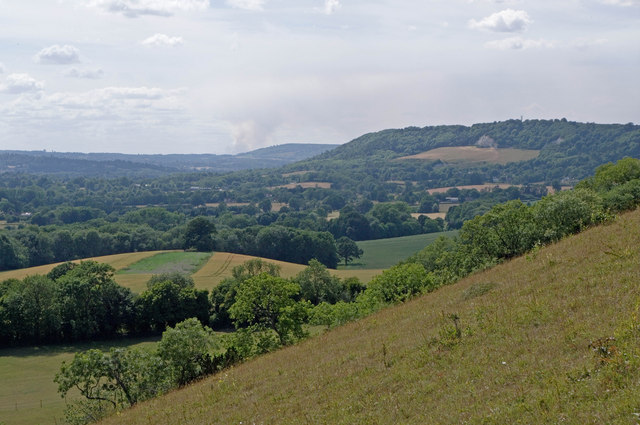
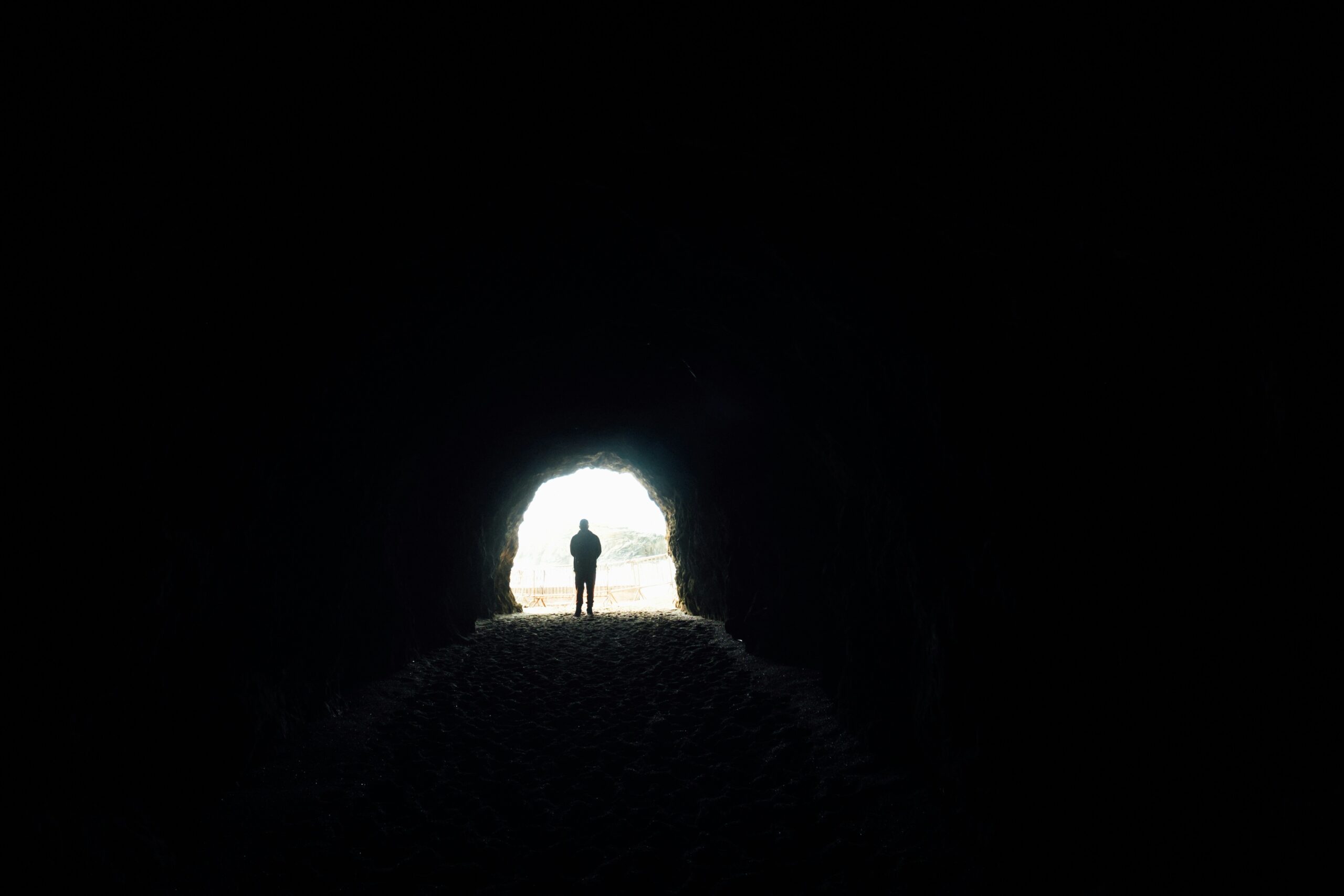
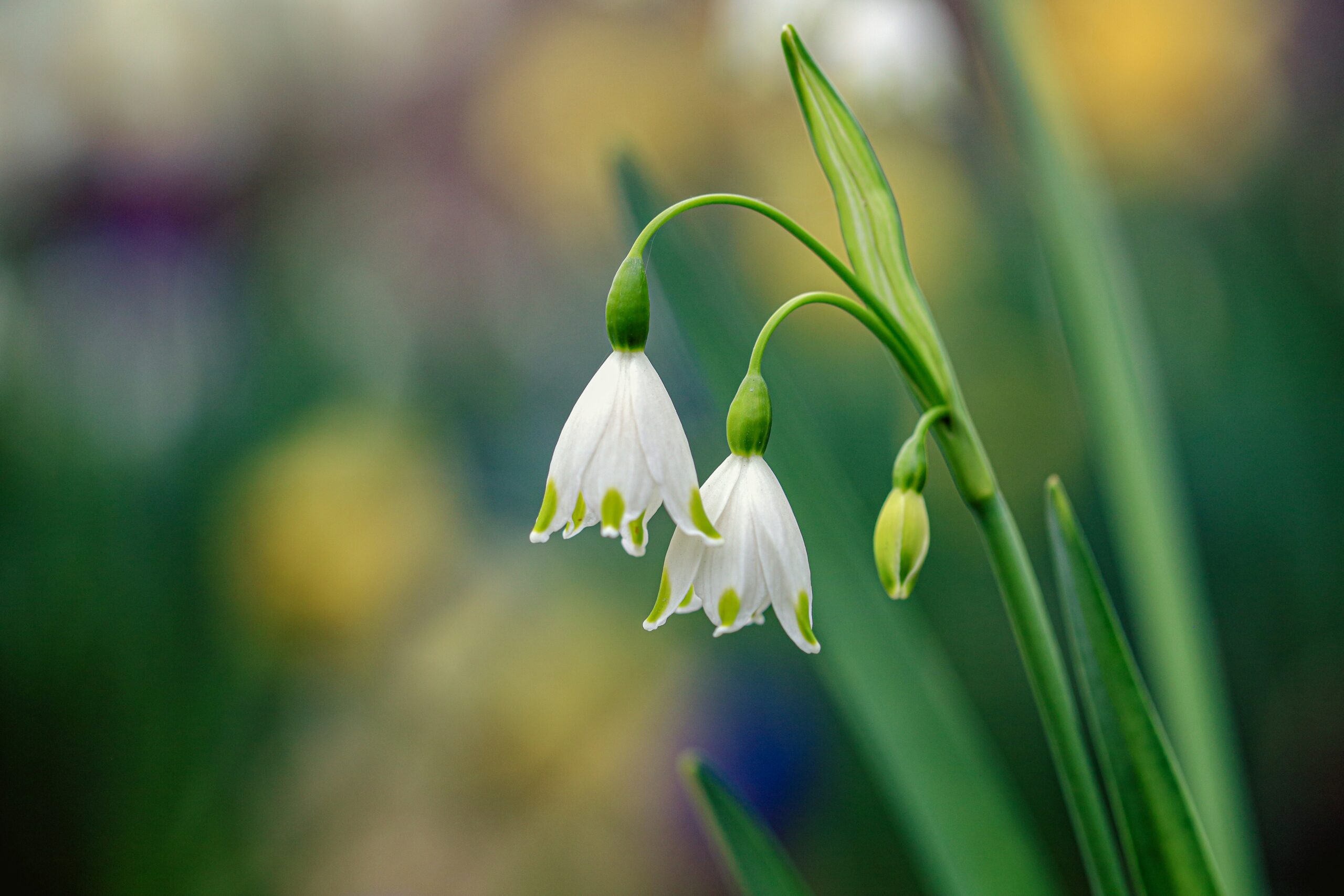

Leave a Comment